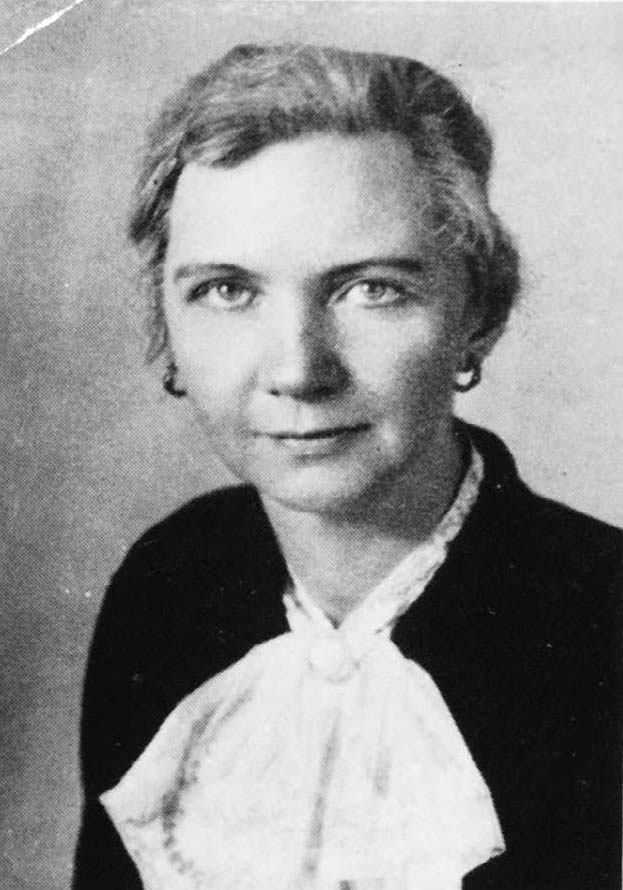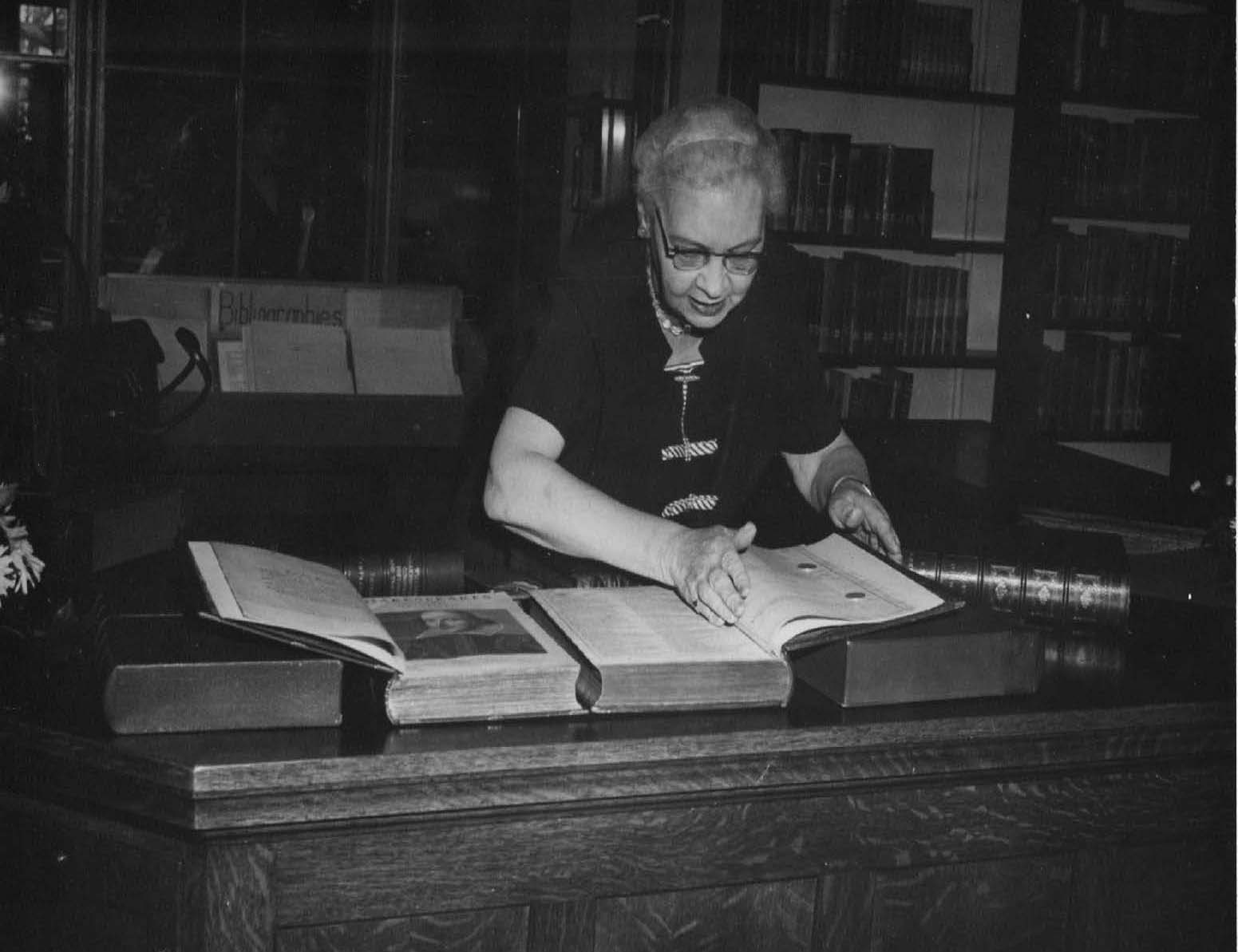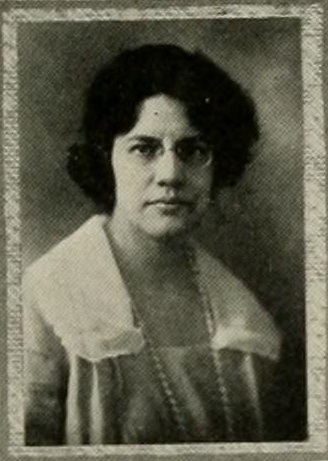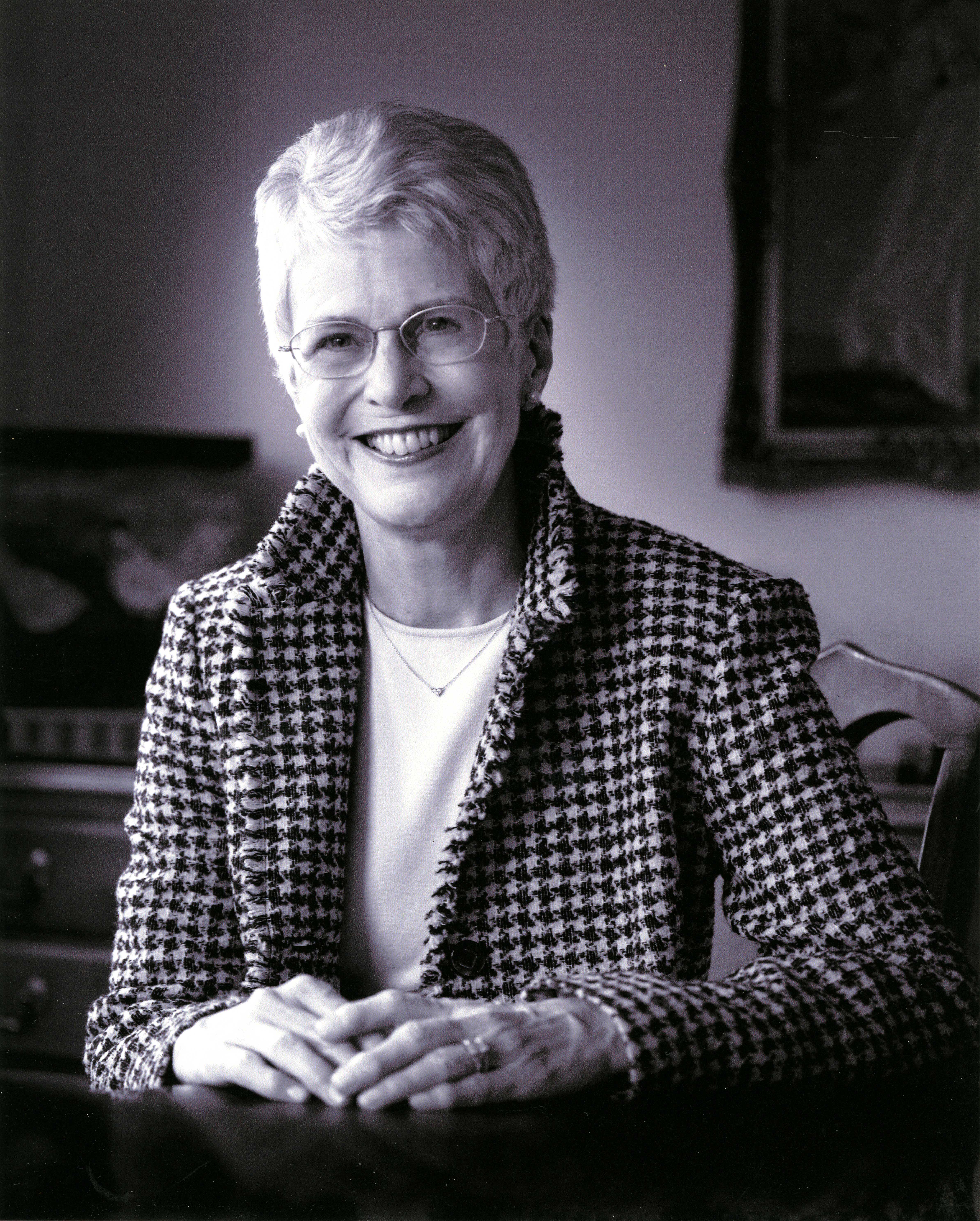West Chester University Libraries hosted its inaugural first-year student Open House on August 26 at Francis Harvey Green Library. An estimated 1,300 new students attended the program. During the event, library staff members demonstrated how to utilize services, such as RamPrint and RamNet. They also assisted students with printing their syllabi for the fall semester. Additionally, librarians distributed snacks to students, were available to answer questions, and raffled off $100 gift cards to the West Chester University Campus Bookstore. The goal of the event was to acquaint students with library personnel, decrease anxiety about using library services, and help students succeed during their academic careers. Librarians sought to create a welcoming atmosphere for the first-year Golden Rams.
“What we really wanted students to remember is the library is an open space where they can come and that this space belongs to them,” said Associate Dean of University Libraries Amy Ward. “We wanted them to know that we are here for them and that they can come back any time.”
Entering college and navigating a library can be a daunting task, especially for first year or first generation college students. Librarians focused on a shared vision of equipping students for success during their college careers. Staff members at service points, such as the Library Help Desk and Research Help Desk, provided friendly student-centered advice and support to help the new Golden Rams adjust to the community.
“My approach to welcoming students was simply asking them how I could help. I think most students were unsure about what all an academic library can do for them—most students didn’t know that their professor might’ve put their textbooks on reserve, or that librarians can help with projects,” said Student Success Librarian Amy Pajewski. “Alex [Miriello] and I really worked together to get students’ laptops set up to print from anywhere. I think students were pretty surprised that we could help with that, and I hope that it left the impression that we can help with just about anything.”
Students responded well to the services provided by staff members. “There have been a few workers that have been super helpful when it has come to printing, and setting up RamPrint,” said first year student Jordan Nielsen. Others reflected on the importance of learning about the resources provided by the library. “When I visit the library, the printing and technology services are most helpful to me,” said first year student Gia DeAngelis. “If I have a problem with my laptop or need to print large quantities of paper at one time it is beneficial to head over to the library.”
Hosting events such as the first year student Open House is part of a larger initiative to help students actualize their full potentials. A central component in that process is connecting students to the resources they need the most. Another aspect is building a sense of community between library staff members, as well as between students and their peers. Programs such as the first year student Open House are crucial for building those connections and helping students succeed.
“I think one of the reasons why students struggle in college is because they aren’t able, or don’t get the chance to make those connections. We were there to help quell some of their anxiety and gave them a place they could go with friendly folks who want to help,” said Pajewski. “I also think it allowed students to connect with other students, which is a huge tenant of student success. Students succeed when they make connections with their peers. I saw students working together, helping others set up their laptops onto the print servers…what I was witnessing were students connecting with each other and creating this community of learners.”
Another way in which library administrators are focusing on student success is by providing financial support. Initiatives such as the gift card raffle help first year Golden Rams with the expenses of higher education. “One of the barriers for student success in college are financial burdens for things like textbooks,” said Pajewski. “I think that the $100 gift card drawing is a way for us to say ‘we care about you and your success.’ Even if that amount can’t cover an entire textbook, I think that being able to provide some amount of money can help students maybe take on fewer hours at work this week which could ultimately help them complete assignments.”
Students were given the option of voluntarily entering their names into the gift card raffle free of charge during the open house. Ten first year students were selected at random to receive the gift cards. Those funds helped connect students with items they required. “I was super excited to receive the gift card for the bookstore,” said Nielsen. “It allowed me to purchase some items that I have been waiting to get.” Other students used the gift card to get items for their loved ones. “It was very exciting to receive this gift card,” said DeAngelis. “I went right to Sykes to buy my family some WCU apparel.”
After the success of the inaugural first year student Open House, the program is set to become a tradition. Members of the class of 2025 can look forward to meeting library staff members as one of their first experiences on campus. According to Associate Dean Ward, the program will also expand to include more interactive activities for students.
“My hope is that as we grow the program for the first year student Open House that we are able to expose students to more of the offerings we have and to help them realize that the library is a good resource to help them succeed as a student here at West Chester,” said Associate Dean Ward.

 The Overlease Collection consists of the papers of William Roy Overlease (1925-2007), who was a professor at West Chester from 1963 to 1986. It contains a considerable amount of information on the history and development of the Darlington Herbarium, a gift to West Chester from the Chester County Cabinet of Natural Science in the 1870s. To the left you can see the Cabinet's catalog of their plant specimens, dated 1834. There are also documents Overlease created to help navigate the Herbarium. There is biographical information about William Darlington (1782-1863), prominent botanist, founding member of the Cabinet, and author of Flora Cestrica, a listing of plants found in Chester County – originally published in 1837 and updated in 1853. Below, you can see both editions.
The Overlease Collection consists of the papers of William Roy Overlease (1925-2007), who was a professor at West Chester from 1963 to 1986. It contains a considerable amount of information on the history and development of the Darlington Herbarium, a gift to West Chester from the Chester County Cabinet of Natural Science in the 1870s. To the left you can see the Cabinet's catalog of their plant specimens, dated 1834. There are also documents Overlease created to help navigate the Herbarium. There is biographical information about William Darlington (1782-1863), prominent botanist, founding member of the Cabinet, and author of Flora Cestrica, a listing of plants found in Chester County – originally published in 1837 and updated in 1853. Below, you can see both editions. 
 In 1963, he began working at West Chester, becoming a full professor in 1967. Some of the courses he taught were Ecology, Plant Taxonomy, Field Botany, Human Ecology, World Ecosystems, and undergraduate and graduate seminars, as well as summer mini-courses. To the right, you can see a note which Bonnie Lauer, a former student, sent to Overlease years after she graduated, expressing her gratitude.
In 1963, he began working at West Chester, becoming a full professor in 1967. Some of the courses he taught were Ecology, Plant Taxonomy, Field Botany, Human Ecology, World Ecosystems, and undergraduate and graduate seminars, as well as summer mini-courses. To the right, you can see a note which Bonnie Lauer, a former student, sent to Overlease years after she graduated, expressing her gratitude.  Francis Harvey Green was born May 19, 1861 to Sharpless and Mary Booth Green in Booth’s Corner, a small town in Bethel Township, Delaware County, PA. In 1911, he married Gertrude Heritage, a graduate of Bryn Mawr College. He attended West Chester Normal School, earning his BA in 1882. After spending time at Amherst College and Harvard University, he earned an MA from Dickinson College in 1893. He began his career in Juniata College’s English Department, and was head of the department from 1884 to 1888.
Francis Harvey Green was born May 19, 1861 to Sharpless and Mary Booth Green in Booth’s Corner, a small town in Bethel Township, Delaware County, PA. In 1911, he married Gertrude Heritage, a graduate of Bryn Mawr College. He attended West Chester Normal School, earning his BA in 1882. After spending time at Amherst College and Harvard University, he earned an MA from Dickinson College in 1893. He began his career in Juniata College’s English Department, and was head of the department from 1884 to 1888. Green left West Chester in 1922 and became headmaster of the Pennington Seminary for Boys in Pennington, New Jersey. He was evidently a popular administrator, since in May 1941 a three-day tribute was held in Green’s honor at the Pennington School. In 1943, he retired from Pennington after 21 years of service there. He still had a reputation at West Chester, and in 1947 a building was dedicated to him: the Francis Harvey Green Library.
Green left West Chester in 1922 and became headmaster of the Pennington Seminary for Boys in Pennington, New Jersey. He was evidently a popular administrator, since in May 1941 a three-day tribute was held in Green’s honor at the Pennington School. In 1943, he retired from Pennington after 21 years of service there. He still had a reputation at West Chester, and in 1947 a building was dedicated to him: the Francis Harvey Green Library. Another notable woman to include in West Chester University’s Women’s History Month is Dorothy Ramsey, Assistant Professor of English, West Chester State College, 1928-1961.
Another notable woman to include in West Chester University’s Women’s History Month is Dorothy Ramsey, Assistant Professor of English, West Chester State College, 1928-1961. used today.
used today. In 1967, a new dormitory on campus was named in her honor. Ramsey Hall stood on the grounds where the Student Recreation Center now stands.
In 1967, a new dormitory on campus was named in her honor. Ramsey Hall stood on the grounds where the Student Recreation Center now stands. Born in Calvert, Texas, in 1879, she grew up in New York City and Carthage, Missouri with two sisters. After studying at the University of Missouri, where she was elected to the Kappa Kappa Gamma sorority, she began her teaching career in the Carthage public schools. She traveled around the US and Europe, at some point studying at the University of Geneva.
Born in Calvert, Texas, in 1879, she grew up in New York City and Carthage, Missouri with two sisters. After studying at the University of Missouri, where she was elected to the Kappa Kappa Gamma sorority, she began her teaching career in the Carthage public schools. She traveled around the US and Europe, at some point studying at the University of Geneva. In 1927, she traded her position as Dean of Women for the Chairmanship of the English Department, and continued to provide leadership in that capacity until her retirement in 1944. Although she moved to Oklahoma after her retirement to be closer to her family, she remained connected to West Chester, regularly returning for Alumni Day. In 1960, a new women’s dormitory, McCarthy Hall, located on Sharples Street between High Street and Church Street, was dedicated to her. A portrait of her hung in the Hall. She passed away in 1967 at the age of 88.
In 1927, she traded her position as Dean of Women for the Chairmanship of the English Department, and continued to provide leadership in that capacity until her retirement in 1944. Although she moved to Oklahoma after her retirement to be closer to her family, she remained connected to West Chester, regularly returning for Alumni Day. In 1960, a new women’s dormitory, McCarthy Hall, located on Sharples Street between High Street and Church Street, was dedicated to her. A portrait of her hung in the Hall. She passed away in 1967 at the age of 88. Marion Farnham was born in Boston, Massachusetts on October 27, 1887 to Charles and Maria Farnham. She received her Bachelor of Arts degree from University of Puerto Rico while teaching art classes there. Later she earned a Master of Arts degree from Boston University. She also studied at the Art Student League in New York City, Columbia University, and University of Pennsylvania.
Marion Farnham was born in Boston, Massachusetts on October 27, 1887 to Charles and Maria Farnham. She received her Bachelor of Arts degree from University of Puerto Rico while teaching art classes there. Later she earned a Master of Arts degree from Boston University. She also studied at the Art Student League in New York City, Columbia University, and University of Pennsylvania. State Normal School’s campus appeared on the endpaper of the
State Normal School’s campus appeared on the endpaper of the  A woman as influential as Madeline Wing Adler is a perfect candidate to recognize during Women’s History Month. Adler has numerous accomplishments under her belt, beginning with her academic career. She received her undergraduate degree in Political Science from Northwestern University where she was the only female in most of her classes. She moved on to earn both her master’s and doctorate degrees in Political Science from the University of Wisconsin-Madison.
A woman as influential as Madeline Wing Adler is a perfect candidate to recognize during Women’s History Month. Adler has numerous accomplishments under her belt, beginning with her academic career. She received her undergraduate degree in Political Science from Northwestern University where she was the only female in most of her classes. She moved on to earn both her master’s and doctorate degrees in Political Science from the University of Wisconsin-Madison. Ruby Johnson Jones was born in Evergreen, Alabama in 1912 to Elizabeth and Rufus Johnson. She graduated from Langley High School in Pittsburgh in 1928. She earned her bachelor’s degree from West Chester University in 1940 and a master’s of education degree from Temple University. She joined the West Chester State College faculty in 1961 as a teacher in the
Ruby Johnson Jones was born in Evergreen, Alabama in 1912 to Elizabeth and Rufus Johnson. She graduated from Langley High School in Pittsburgh in 1928. She earned her bachelor’s degree from West Chester University in 1940 and a master’s of education degree from Temple University. She joined the West Chester State College faculty in 1961 as a teacher in the 
As part of the 150th Anniversary, the University Libraries and College of Education and Social Work are celebrating the unveiling of the Rudine Sims Bishop African American Children’s Book Collection. Dr. Bishop graduated in 1959 from what was then West Chester State Teachers College and went on to be considered “the mother of multicultural literature.” She is best known for her theory of the importance of Mirrors, Windows, and Sliding Glass Doors in children’s literature. Her collection of diverse children’s literature has been generously donated to the university.
We invite you to diversify your personal libraries as part of this celebration. To encourage a love of reading, we must make sure children see their lives mirrored in the books they read. This can be especially difficult for Black, Indigenous, and other children of color because more children’s books are published with animals as protagonists than non-white children (Cooperation of Children’s Book Center). It’s also essential for children to have windows into the lives of others who don’t look like them or experience the world in the same way. To help expand your personal library of children’s books, Education Librarian Katelyn Manwiller has curated a list of resources to find diverse titles and learn more about the importance of representation in children’s literature:
Commenting on blog posts requires an account.
Login is required to interact with this comment. Please and try again.
If you do not have an account, Register Now.